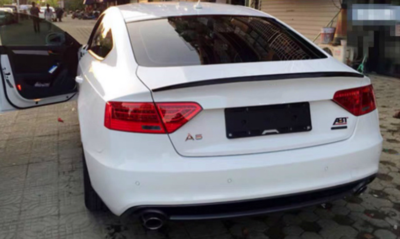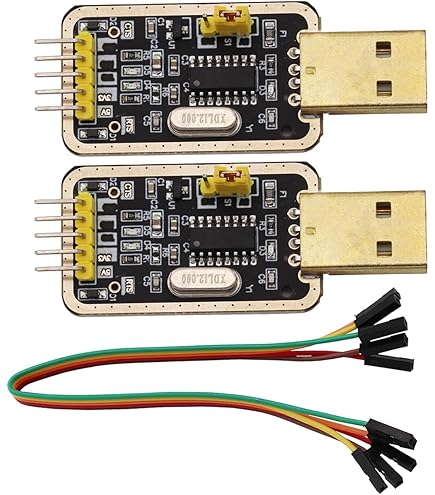Aleron Audi A5 B8/b8.5 Sportback, S5 B8/b8.5 Sportback Negro | Meses Sin Interés

Pasa por encima el cursor para ver más detalle
79 €
Características
Nuevo: Un artículo nuevo, sin usar, sin abrir, sin desperfectos y en el paquete original (en caso de venir empaquetado). Alerón Trasero De Motorfansclub Compatible Con Audi A4 B8 V | Meses sin... MCARCAR KIT Alerón de tronco de fibra de carbono para Audi A5 B9 S5 Sline RS5 Sportback 4 puertas 2017 2018 2019 salida de fábrica tapa de arranque trasera Highkick Spoiler Alerón Deportivo A5 8T Aleron Audi A5 B8/b8.5 Sportback, S5 B8/b8.5 Sportback Negro | Meses Sin Interés Accesorio Tuning Audi A5 Es estilo S Line, se instala en la parte trasera y le da un aire más agresivo al coche. Viene nuevo, en su empaque original. Número de pieza: MM Sob BS AU5T ABS... Consulta el anuncio del vendedor si deseas más información., Herstellernummer: MM-CH-B-E-AS-07_16342-GLOSS, Angebotspaket: Nein
Productos patrocinados
Productos recomendados
Opiniones de los usuarios Ver todas las opiniones
Aviso sobre nuestra
información de producto






















